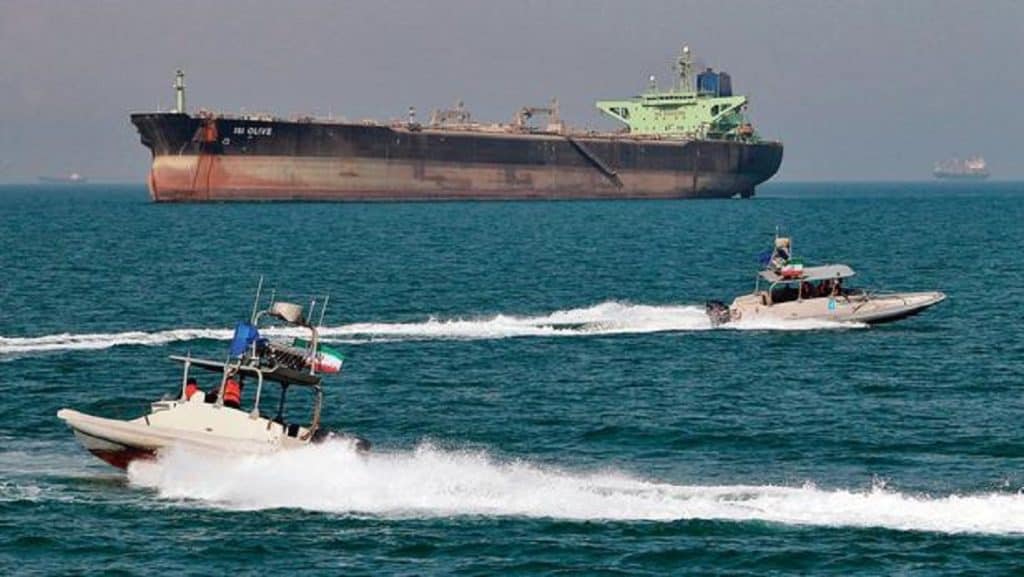By Denis Korkodinov
The Iran-US confrontation, which threatened the oil routes in the Strait of Hormuz, led to the emergence of an international coalition under the auspices of the United States, aimed at ensuring the safety of navigation. The existence of this coalition of countries can significantly complicate regional tensions in the Middle East. On this basis, the safety of navigation in the Strait of Hormuz is not guaranteed.
Until the recent crisis between Tehran and Washington, the Strait of Hormuz could provide uninterrupted supplies of more than 1/3 of the world’s liquefied gas production and about 1/6 of the world’s oil. However, after a series of incidents involving the seizure of oil tankers at the initiative of the warring parties, the security of the energy route was called into question, and oil and gas supplies through the Strait of Hormuz were sharply reduced.
It is worth noting that when the Ayatollah regime threatened to block the Strait of Hormuz, this did not lead to an increase in prices for the main energy carriers. Nevertheless, due to these threats, the associated costs have increased significantly, and, in particular, the costs of insurance and escort of goods, compensation for the risk of military operations. One way or another, these costs, ultimately, are borne by consumers who are forced to bear additional financial burdens.
To reduce the costs associated with the threat of blocking the Strait of Hormuz, and not to scare off international companies specializing in oil transit, Washington created an international sea coalition. The coalition formed in 2010 to ensure the safety of navigation off the coast of Somalia was used as a model. However, in the Middle East the situation is radically different.
First of all, because shipping routes in the Strait of Hormuz are located in close proximity to the territorial waters of Iran, the United Arab Emirates and Oman, in connection with which, in the event of military incidents, the courts of the international coalition will have to conduct their actions, violating the border of a number of states, which is unacceptable with point of view of international law and can be regarded as an act of military invasion.
In addition, given the fact that the Strait of Hormuz is part of the joint jurisdiction of Iran and Oman, only these states have the right to establish a regime for ensuring navigation. At the same time, the United States cannot unilaterally not only change the regime of the strait, but also send warships there, the presence of which creates a threat to the national security of other states in whose jurisdiction Hormuz is located.
Also, the participation of Riyadh, Manama, Tel Aviv and Abu Dhabi creates significant obstacles to the actions of the international maritime coalition, since these countries have a direct interest in escalating the conflict with Iran. For this reason, Saudi Arabia, Bahrain, Israel and the UAE may violate existing arrangements for ensuring the safety of navigation if there is even a minimal opportunity to damage Iran’s interests in the Strait of Hormuz.
At the same time, sea escort of goods is a meaningless event in the absence of reliable coastal protection. In other words, in order for shipping in Hormuz to be truly safe, the international coalition should create a powerful system of additional control and response on land, along the entire line of the sea route. Without this, any ship following the strait is easily a target for strikes from land. Nevertheless, given the fact that Iran, Oman and the UAE strongly reject any negotiations with the United States regarding the creation of a coastal defense system and military bases of the international coalition, the tasks set to ensure the safety of navigation still remains unfulfilled.
(The opinions expressed in this article are solely those of the author and do not necessarily reflect the views of World Geostrategic Insights)







